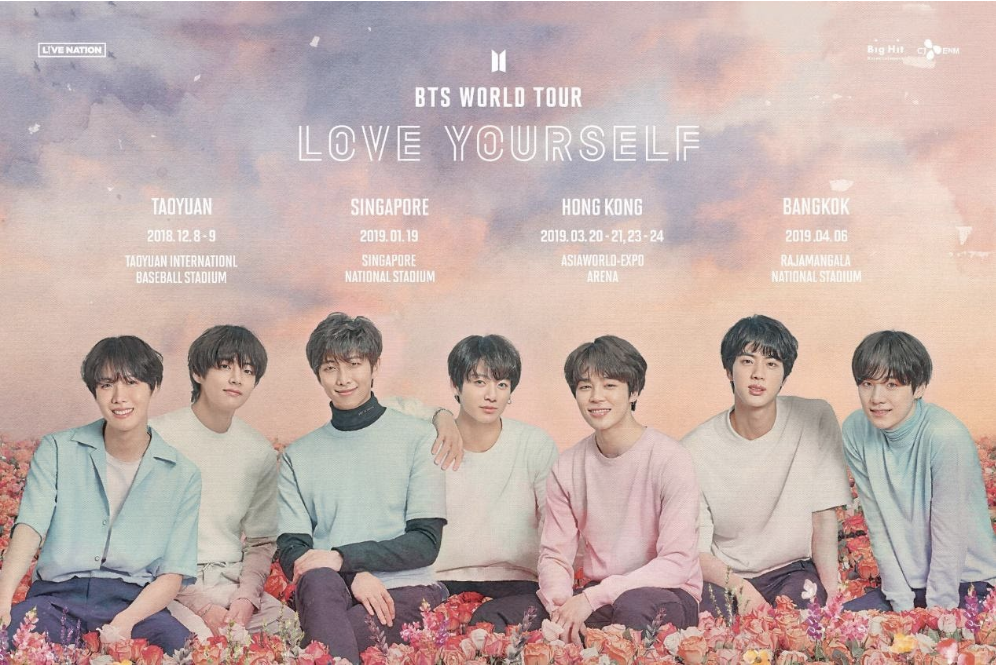Phone Screen Interviews: Not Just Another Call

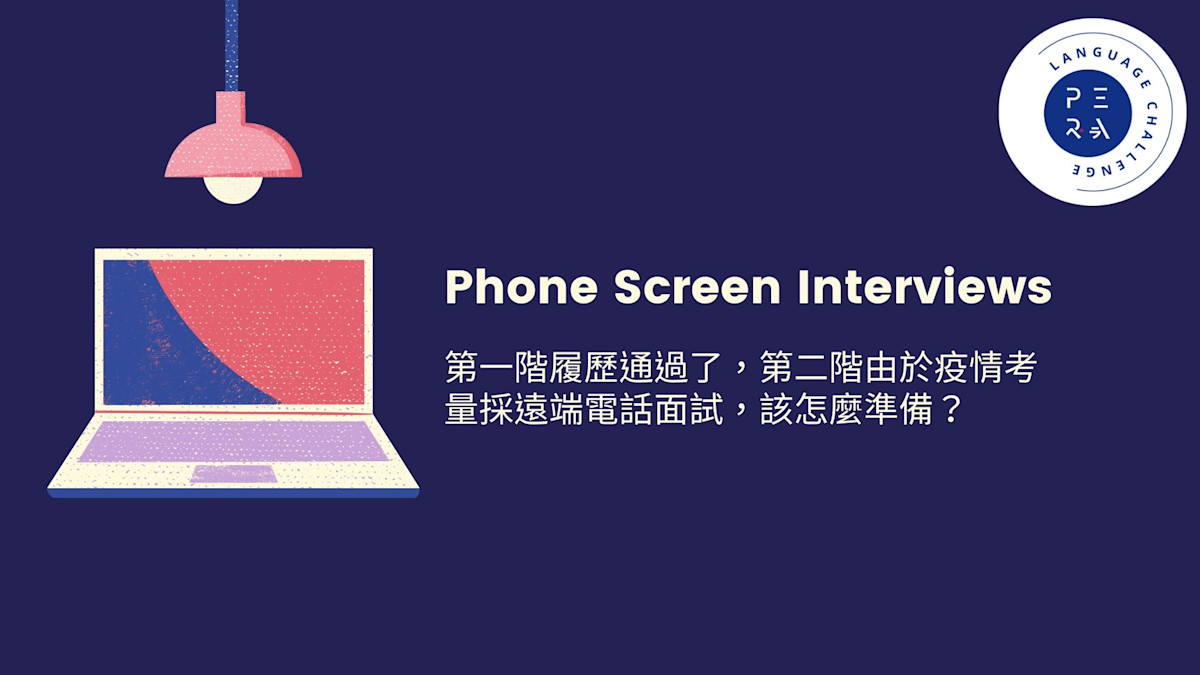
Now that more and more businesses are going to a work from home (WFH) model, it’s very common, and even essential in today’s environment to be able to present oneself in a professional manner and stay mentally focused on target from the comfort of your living room. Regardless of whether or not you are wearing your slippers, or if the floor next to your feet has a wrapper from that candy bar you ate the night before, we all need to keep the appearance and attitude of maintaining an office environment from what that computer camera is able to display to the viewer.
When we are looking for jobs, one of the first things that a business will do for new candidates is to set up a phone screen interview. Keep in mind that the fact that you have been asked to join a phone screen interview is a GOOD thing. This is a position that you have applied for, and you have already sent in your resume and cover letter. Now that the HR department has seen your details, they have decided they want to know more about you, but they’re not sure if they want to have an actual interview in the formal sense.A phone screen interview is essentially akin to a company opening it’s doors halfway to you, and you’re there with one foot in the room, and one foot out — it’s HR saying, “yes, we’re interested, but don’t have a seat at the table yet.”While this type of non-committal action might seem like a letdown at first, treat it as a positive thing, say yes, and prepare. Below, are 6 reminders I’d like to suggest everyone to be aware of as they go into a phone screen interview.
Know the company, know the position
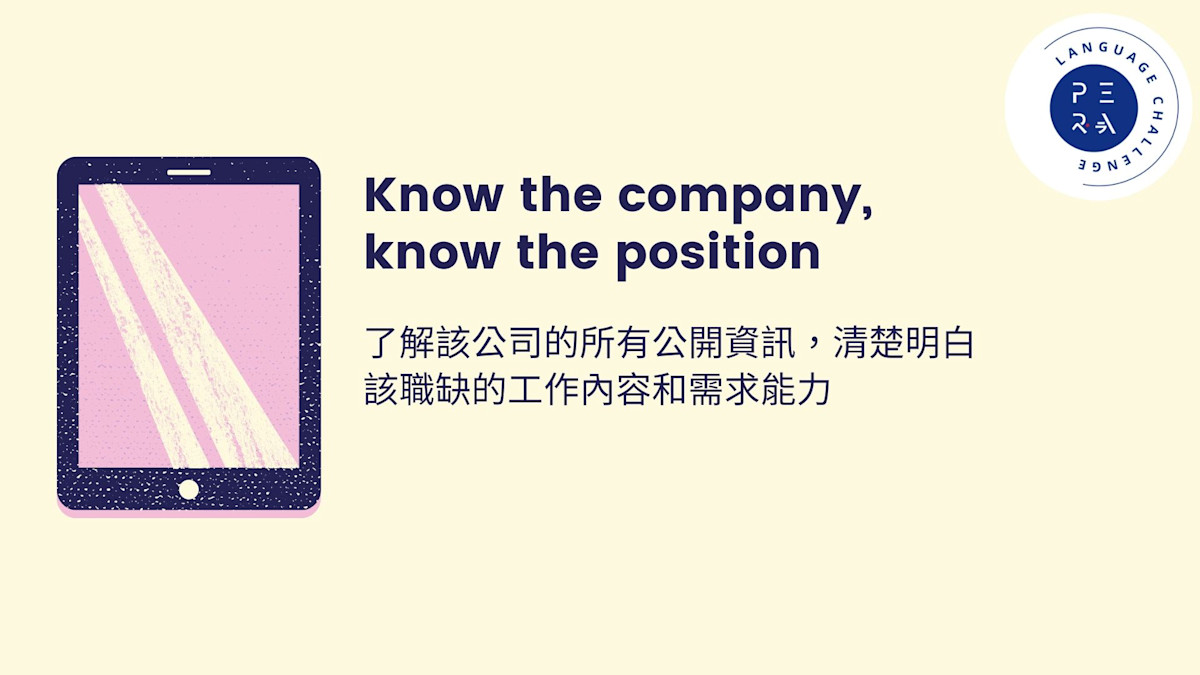
This point seems obvious, but there have been a number of times I’ve gone through a phone screen interview with a candidate where they were unfamiliar both with the company they were applying to work with, as well as the position they were applying for. Two of the most common questions that I would ask in a phone screen interview would be the following:
“Could you give me an introduction of our company and what it is you think we do?”
“Could you please describe the job you are applying for and what it is you think you’d be doing with our company?”
Again, these questions seem like no-brainers, but there would be times when applicants could not answer them, or they seemed to have a different idea about the company, the job’s responsibilities, skills required, etc. After starting with a brief introduction, I would almost always ask these two questions, and it was surprising to me when candidates could not answer them clearly. On the other hand, there is also the possibility that a candidate could go above and beyond the call of duty when answering these questions. This is a chance for you to really show that you understand the role you’re applying for, as well as the company, it’s core values, and the potential colleagues you’ll be working with. There were candidates who would use language referring to our core values, or they would be able to connect with me about what they had learned from our website’s “Our Team” page. Clearly, these were candidates who had “done their homework” and were interested in the company not just to get a job, but because they were vested in the structure and inner workings of the organisation itself.
Stay Positive
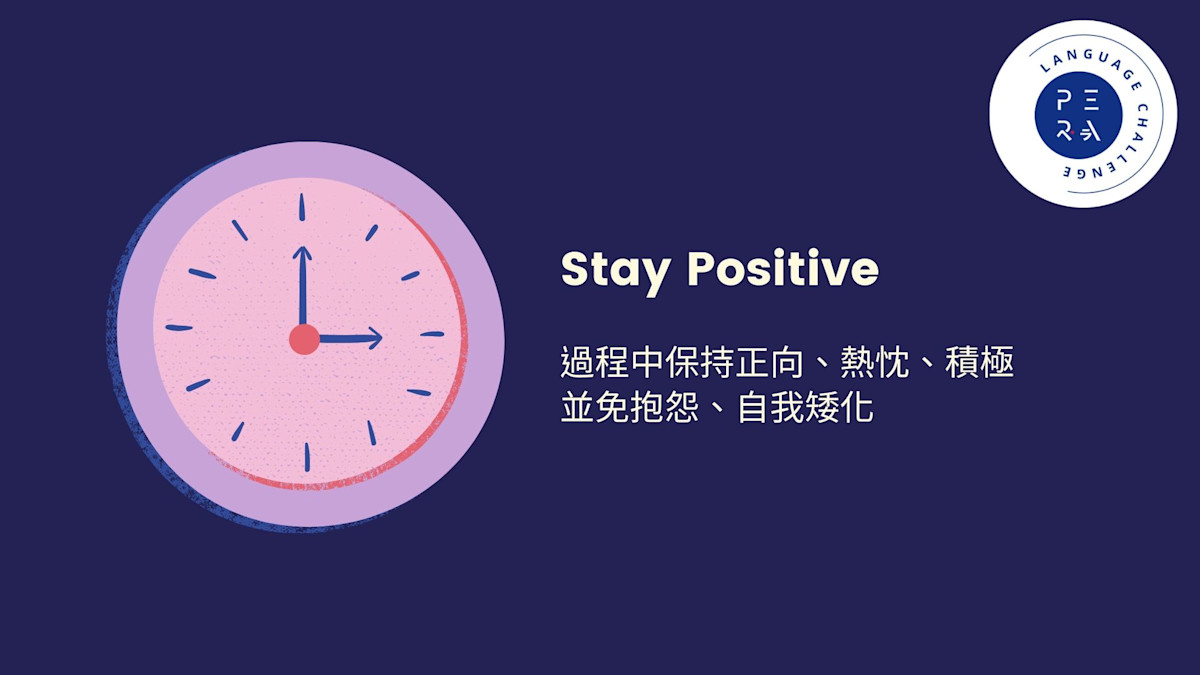
If the company you are applying to work with has asked you to fill out a career history form, one of the questions on their relates to why you left your previous position. We had a customised career history form that listed out even more information and related more to our company’s core values and culture. During a phone screening interview, the person who is interviewing you will most likely ask you the following questions (or something close to it):
“Why did you decide to leave your last position?”
“You wrote you left your last position because XXXXXXXXXX. Why do you think this was the case?”
“What is something you couldn’t find at your last position that you hope to find with us?”
It’s important when you are talking about your previous professional experience that you remain positive and don’t fall down the easy downward spiral of bashing your former employers. Remember that should you have an actual interview, one of the steps of the HR process will be asking for 3–5 professional references. The past is the past, and every experience you have is a learning experience, so even negative experiences can have a positive twist to them. Additionally, know your weaknesses, but make them “areas of improvement” and rather than dwelling on where you’ve gone wrong or struggled, note where you feel you have improved and what lessons you’ve learned as a result of these weaker points. A positive attitude and a smile when referring to these areas will go a long way as a first impression.
Be Specific in your Examples
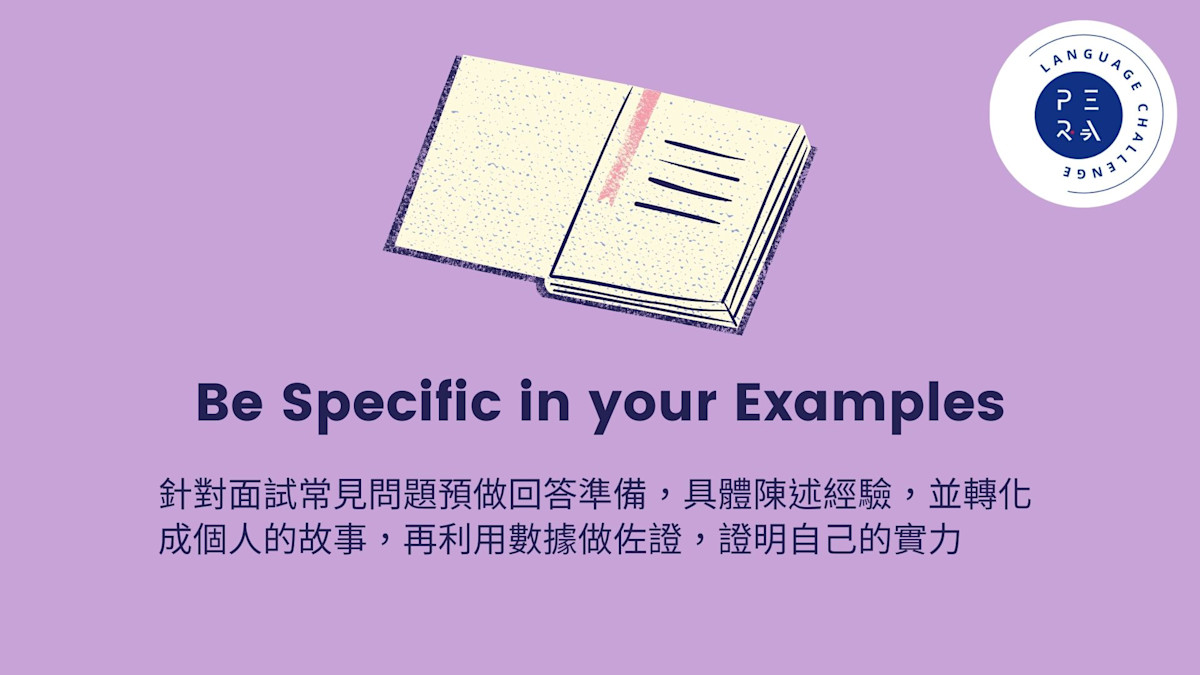
Anytime you have the ear of HR, it’s an opportunity for you to be able to tell your story, not just answer questions that you’ve memorised.A person’s professional personal narrative is a collection of poignant stories where we have demonstrated growth over time.Think about the following situations you might be asked about in a phone screen interview and how you would answer them:
“Tell me about a time where you worked through a challenging situation at work.”
“When was a time where you feel like you made an impact in either your personal or professional circle?”
“What is a situation where you have used one of your top 3 strengths in your previous job?”
All of these questions are asking for specific examples, so you need to be able to answer with specific examples. If you answer these and talking about sweeping generalisations about that cover vast weeks, months, even years, it will be difficult to get a reading on who you are and what makes you so special. Try to boil down these examples to stories that are as specific as possible and can be measured in a fixed amount of time with beginnings, middle, and endings.
Answer the Questions you are Asked
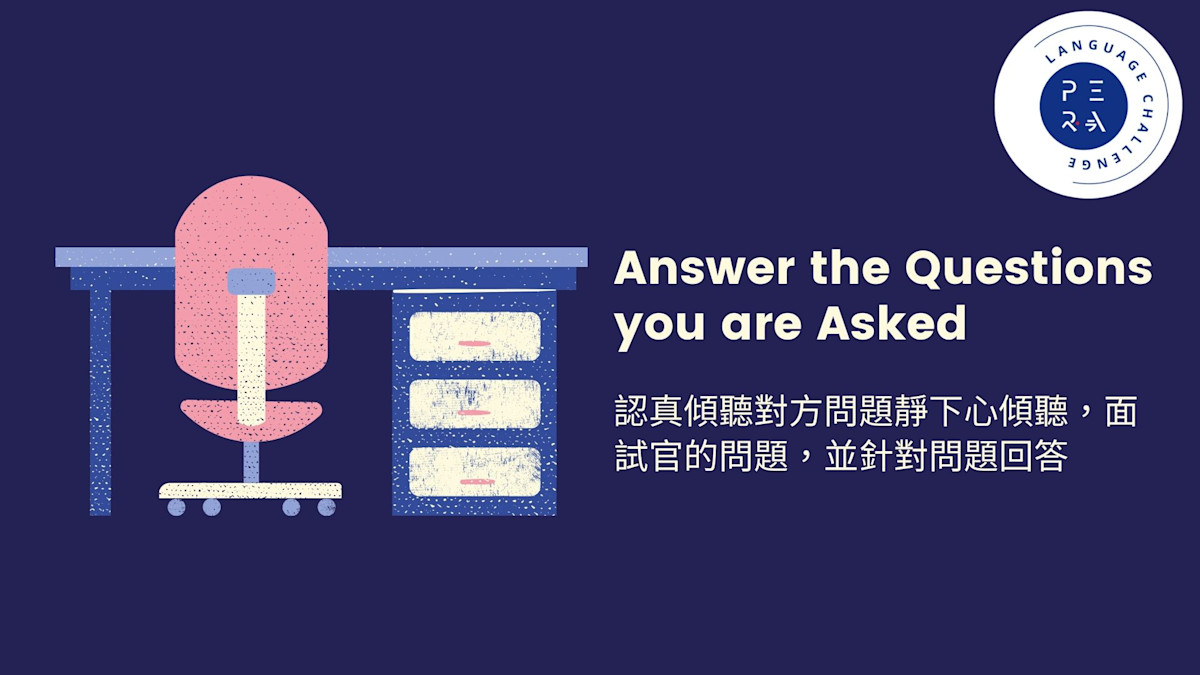
You never want an interviewer to be checking his or her watch during an interview. There have been multiple times where I’ve looked at my notes after a phone screening interview where I’ve written, “hard to get a word in,” or “he/she is quite talkative, but didn’t really address the question.” Sometimes a yes or no question is just that — a “yes” or “no” question. You have to be able to read the air when a question is asked and know not to go on and on and on by addressing issues and topics that are unrelated to the question asked. Each time I have set up a phone interview, I always make sure to prepare back-up questions, things that I’m genuinely interested in about that person or his/her experience. An interviewer wants you to succeed. That’s why you’re having the phone screening interview. If interviewers are able to get to all of the questions on their list, they will probably come out of the interview with a more holistic view of the applicant. It’s ok to talk, and it’s ok to go into detail, but make sure that you’re going into detail about what you’ve been asked. The focus is on going deeper, not going off topic.
Have Questions for the Interviewer
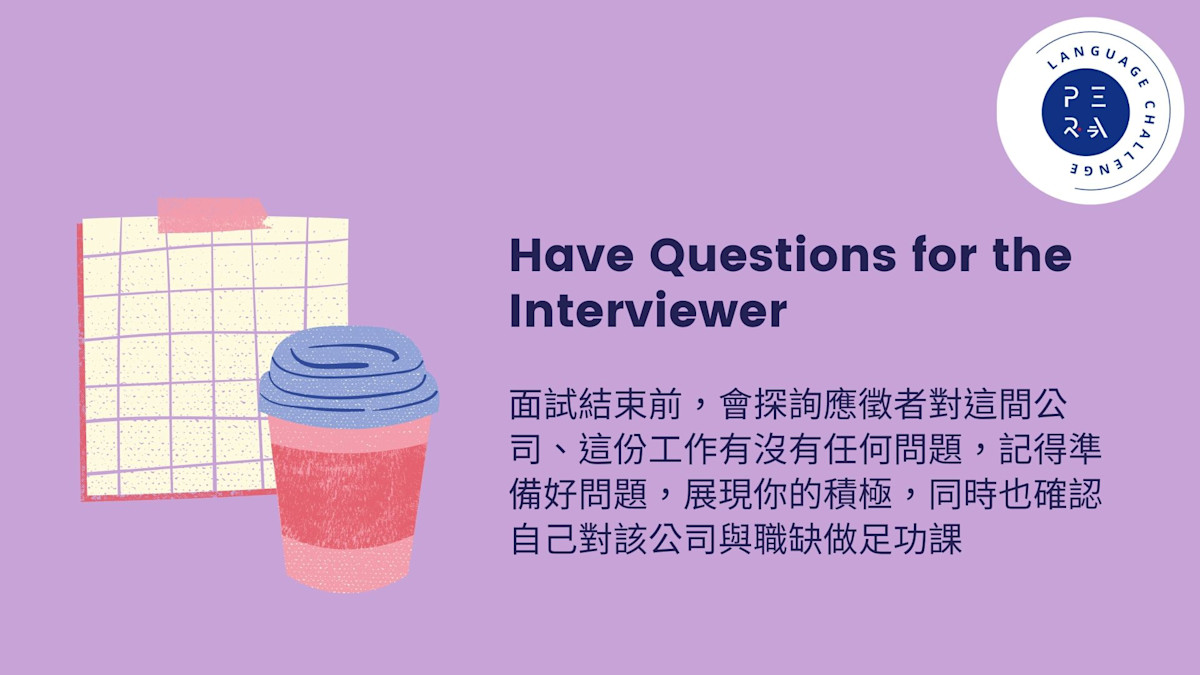
Others may advise against this suggestion, but I’m a huge fan of an applicant coming into an interview with prepared questions, as well as taking notes throughout the interview to ask for questions in real-time. Anyone can answer questions, but it takes a thinker to put together well-structured questions. Of course, a turn-off during a phone screen interview is asking questions about expected salary right away. Show your interested in the company and the position first and foremost before looking at those dollar signs. Everyone knows that conversation will come around, but perhaps save it for the actual interview.
If you are able to make a connection with the interviewer by asking about their own professional narrative in relation to the company, that is not a bad thing. I’ve had candidates ask me the following questions:
“Why have you stayed with [company’s name] for so long?”
“What is your favorite thing about working with [company’s name]?”
“What direction do you see [company’s name] going in terms of growth over the next three years?”
Questions such as these not only help you get a chance to make more of a connection with HR throughout the phone screening interview; thus, making them more vested in you as a person, but they also help you to learn more information about the company and its people yourself.You can use the phone screen interview as a screen interview for you to judge whether or not the company is the right fit for you as well.
Follow-up
At the end of the phone screen interview if you are talking with competent HR personnel, they will most likely let you know what the next steps of the HR process will be, and when you will be contacted. Regardless of whether or not you are the recipient of a follow-up formal interview, make sure to thank the interviewer for taking the time to call with you at the end of the call. Additionally, it will go a long way with HR to receive a personal e-mail thanking the team for considering your application.
You may or may not continue onto the next step of the HR process, but that’s not the point. In this day and age, gratitude is something that we need more and more of. Being grateful and showing gratitude is a small thing and does not take that much time, but it goes a long way. Once you get into the practice of practicing gratitude and following-up with a simple “thank you” e-mail, this practice will become a natural part of your personal and professional experience, and good things will be sure to follow eventually. Enjoy this first step of the HR experience for what it is — an experience — and be thankful that you’ve had the time to add this experience to your own rich professional narrative.
如果你正在準備英語面試,歡迎參加Jeffrey Schwab擔任客座語言教練的語言挑戰跟老外HR 學英文面試
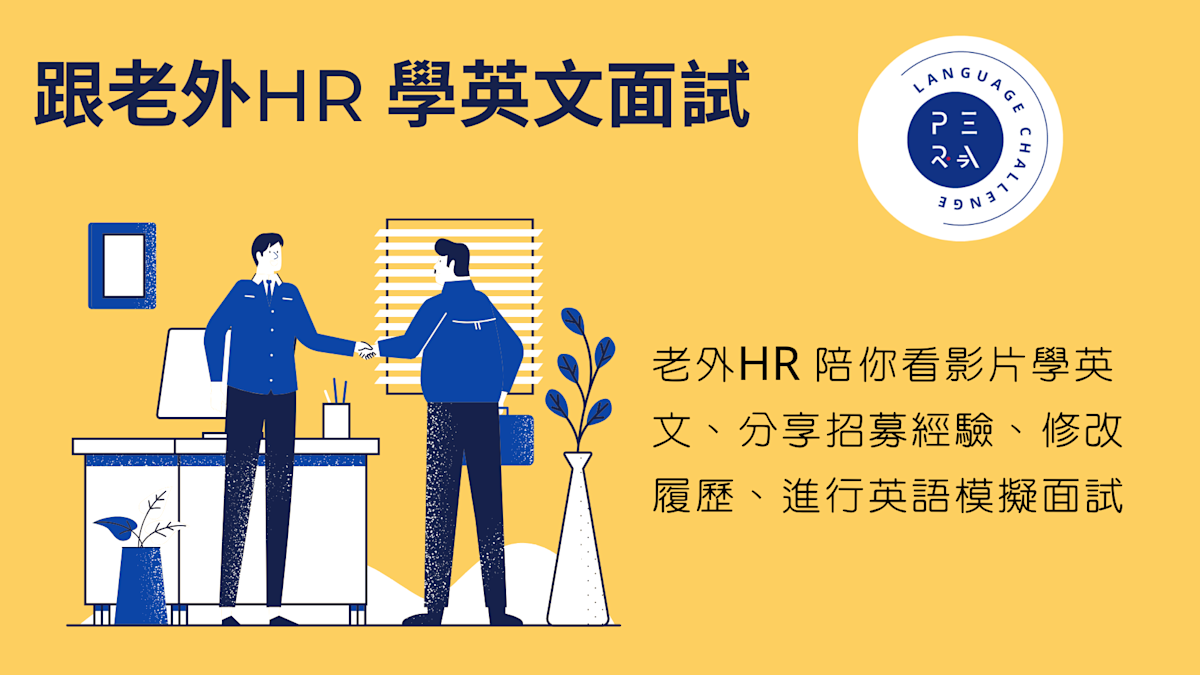
報名連結:https://interviewchallenge.paperform.co
Photo Source: Photo by Austin Distel on Unsplash
Article Source: Schwab, Jeffrey. “Phone Screen Interviews: Not Just Another Call.” 28, March. 2020,https://medium.com/@jeffreyschwab_30696/phone-screen-interviews-not-just-another-call-a87ce5e4e80d.
